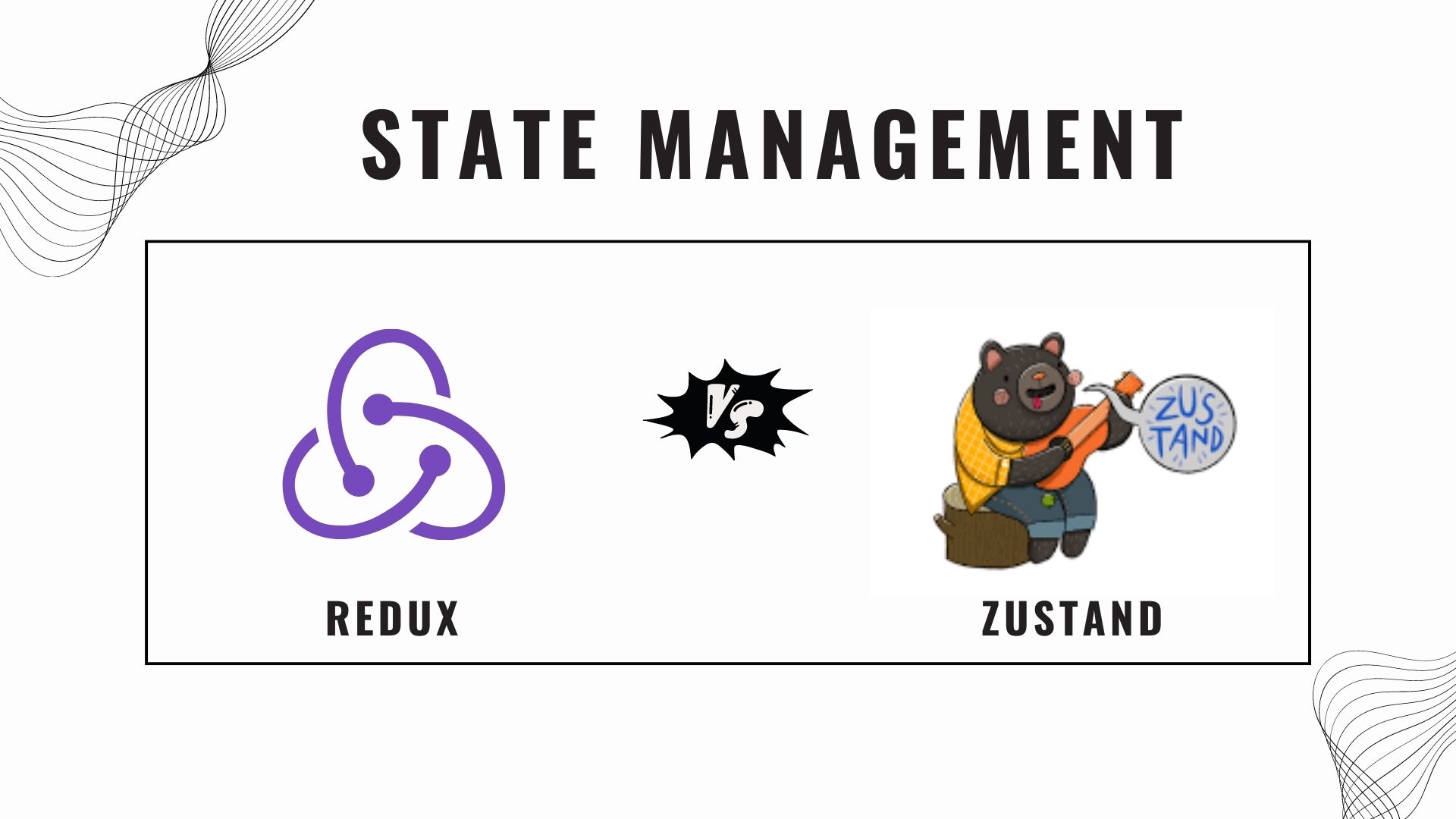Web frameworks have become an essential part of web development, simplifying the process of building dynamic websites and web applications. As technology evolves and new trends arise, the landscape of web frameworks is continually shifting. This article will present the top 10 web frameworks to consider in 2023.
-
React.js
Standing on the shoulders of Facebook, React.js continues to dominate the front-end development landscape in 2023. It is a JavaScript library rather than a full-fledged framework but provides a robust foundation for building user interfaces. With the advent of React hooks, developers can write cleaner and more readable code, making it a top choice for many.
-
Vue.js
Vue.js, a progressive JavaScript framework, provides an adaptable ecosystem that scales between a library and a full-featured framework. It has gained popularity because of its simplicity and lightweight nature. With the release of Vue 3, the framework has brought enhanced performance and composition API, cementing its position in the market.
-
Angular
Angular, a product of Google, is a TypeScript-based open-source framework. It's a comprehensive solution that comes packed with a plethora of tools and features, such as two-way data binding and dependency injection. Angular's robustness makes it a perfect fit for large-scale applications.
-
Django
Django, a Python web framework, follows the batteries-included philosophy. It provides a full suite of components needed to build complex web applications. With its emphasis on reusability, less code, and low coupling, Django remains a favorite for developers dealing with Python.
-
Ruby on Rails
Ruby on Rails, often just called Rails, is a server-side web application framework written in Ruby. It's known for its simplicity and productivity, following the principle of convention over configuration. With Rails, developers can build web applications with less effort and more focus on business logic.
-
Express.js
Express.js, a part of the JavaScript MEAN/MERN stack, is a minimal and flexible Node.js web application framework. It's loved for its simplicity, speed, and scalability. Express.js supports a wide range of plugins and is an excellent choice for APIs and microservices.
-
Laravel
Laravel, a PHP web framework, offers an expressive syntax aimed at making web development tasks, such as routing, caching, and security, easier. Laravel continues to be a popular choice for PHP developers due to its elegant syntax and robust ecosystem.
-
Spring Boot
For Java enthusiasts, Spring Boot is a go-to framework that simplifies the setup of Spring applications. It provides defaults for code and annotation configuration to speed up project development. Its ability to create stand-alone applications with less hassle has made it increasingly popular.
-
ASP.NET Core
ASP.NET Core, a free and open-source framework by Microsoft, is a redesigned version of ASP.NET. It's a unified framework for building web UI and web APIs, with tools and libraries for building applications in C#, making it the preferred choice for many .NET developers.
-
Flutter Web
Flutter, initially designed for mobile app development, has extended its support to web development. Flutter for web offers a unique approach, allowing developers to build highly interactive, graphically rich content. Its single codebase for all platforms is a huge draw for developers aiming for cross-platform development.
Each of these web frameworks offers unique features and capabilities. The choice depends on the specific requirements of your project, your familiarity with the language, and the size and complexity of the web application. Regardless of your choice, these top web frameworks of 2023 offer powerful tools to help you create efficient, robust, and scalable web applications.


